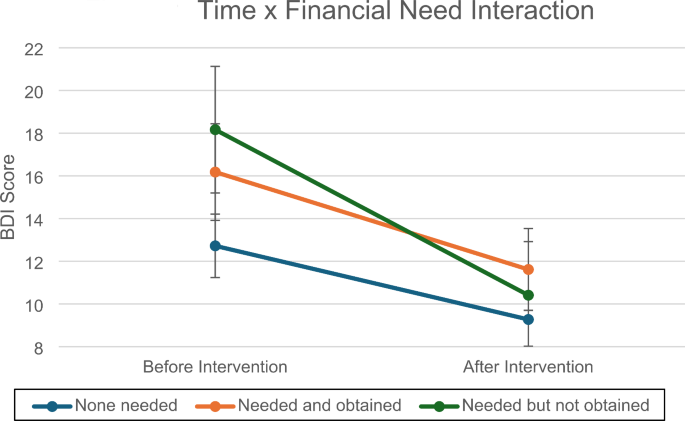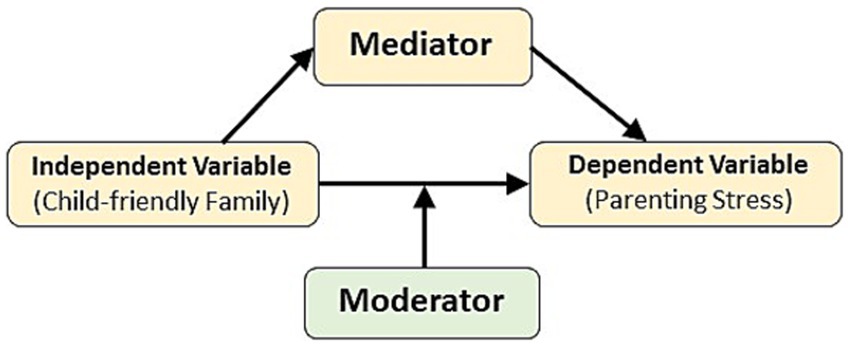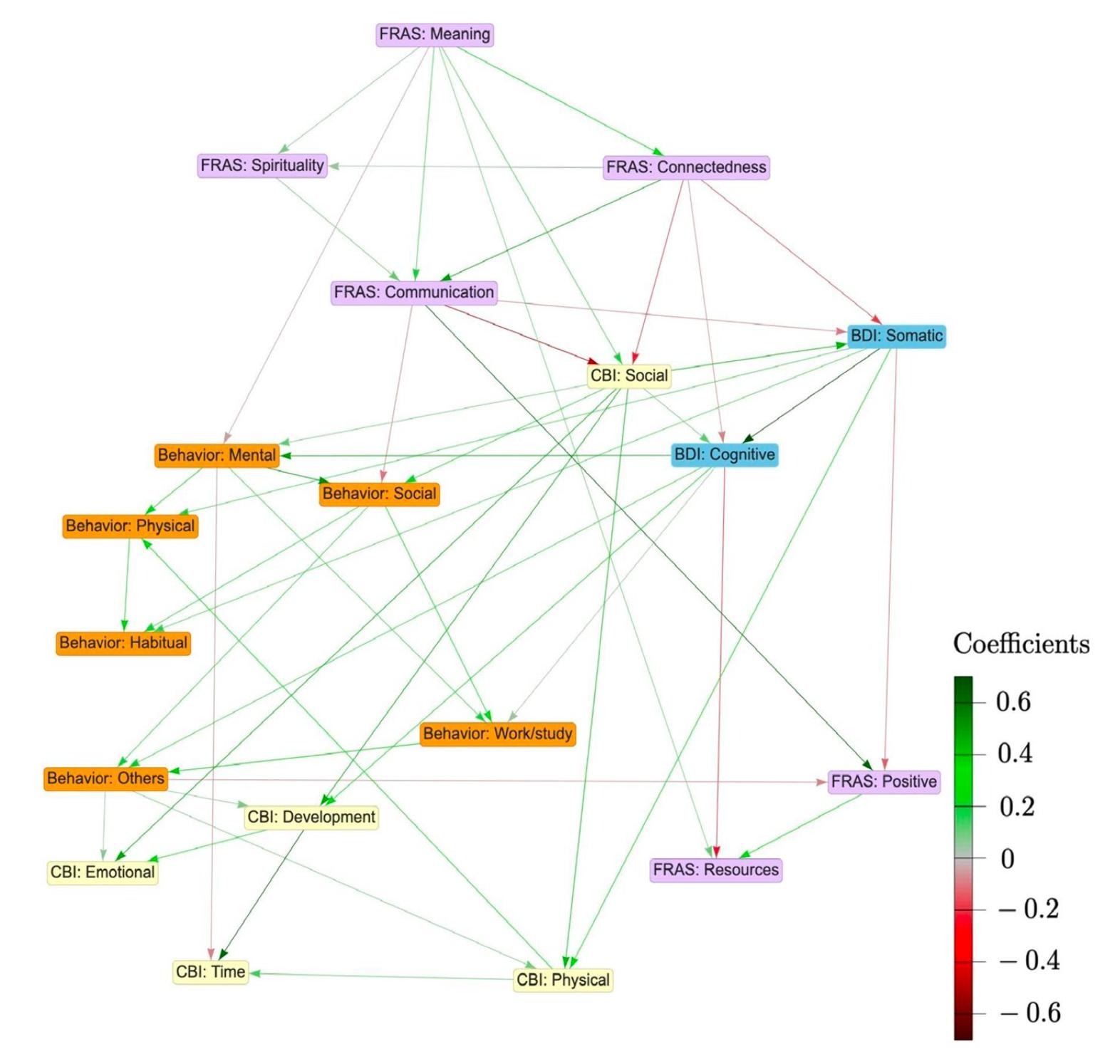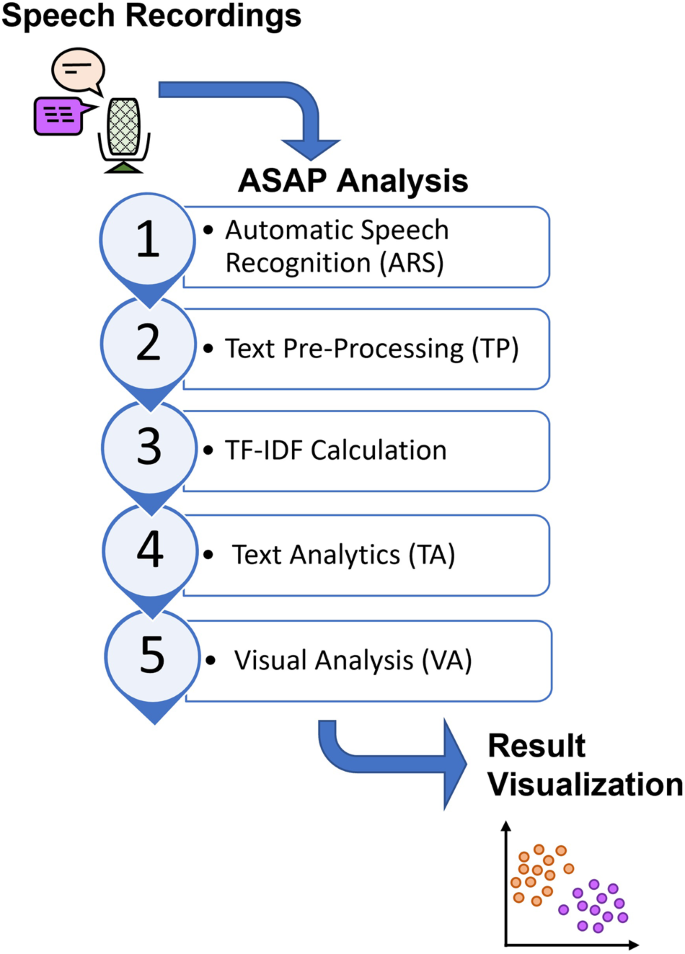Research Outputs
Current Psychology 2024
Which types of family caregivers are more prone to developing depression? Leveraging non-financial social support to mitigate depression
Authors : Chu, A. M. Y., Woo, D. H. Y., Tiwari, A., Yuk, H., So, M. K. P.
Family caregivers face stress, especially those facing financial burdens. Therefore, it is crucial to evaluate non-financial social support intervention’s effectiveness and identify demographic factors linked to higher caregiver depression risk. We attempted to investigate whether social support could protect caregivers from experiencing depression. We introduced non-financial social support by offering a range of workshops and activities to help reduce stress experienced by the caregivers. We recruited 462 informal family caregivers from a Hong Kong nonprofit organization. They completed the Beck Depression Inventory-II (BDI-II) and a demographic characteristics questionnaire before and after the intervention. The effectiveness of the intervention was analyzed with ANOVA on pre- and post-intervention BDI-II scores. The research findings suggested that the intervention effectively reduced family caregivers’ depression levels. The intervention was more effective for caregivers facing financial difficulties.
Read More
Frontiers in Psychology 2024
Child-friendly family reduces parenting stress in Chinese families: the mediating role of family resilience
Authors : Chu, A. M. Y., Tsang, J. T. Y., Tiwari, A., Yuk, H., So, M. K. P.
The increasing prevalence of parenting stress has significant implications for the psychological well-being of both parents and children. In view of this, our study sought to examine the mediating and moderating role of family resilience in the association between child-friendly family and parenting stress. Our analysis involved a sample of 316 parents who dedicated a minimum of 14 h per week to caring for their children. The parents were invited to complete three validated instruments—the parenting stress index short form (PSI), the family resilience assessment scale (FRAS), and inventory of the child-friendly family (ICF)—to evaluate their level of parenting stress, family resilience, and child-friendly family, respectively.
Read More
Journal of Computational Social Science 2024
Applications of Bayesian networks in assessing the effects of family resilience on caregiver behavioral problems, depressive symptoms, and burdens
Authors : Chu, A. M. Y., Chan, L. S. H., Chang, S. S. Y., Tiwari, A., Yuk, H., So, M. K. P.
Family caregiving often leads to increased stress and anxiety due to intensive support in daily living and medical tasks. Traditionally, determining appropriate interventions has been a challenging task, given the need to conduct extended cohort studies with a restricted range of interventions, which proves to be time-consuming and costly. Moreover, the relationships between the results and the interventions often remain ambiguous, as the experiments lack complete control. In this study, we propose the use of Bayesian networks as a novel methodology for evaluating the impacts of hypothetical interventions aimed at reducing the burdens borne by family caregivers.
Read More
npj Mental Health Research 2023
An automatic speech analytics program for digital assessment of stress burden and psychosocial health
Authors : Chu, A. M. Y., Lam, B. S. Y., Tsang, J. T. Y., Tiwari, A., Yuk, H., Chan, J. N. L., So, M. K. P.
The stress burden generated from family caregiving makes caregivers particularly prone to developing psychosocial health issues; however, with early diagnosis and intervention, disease progression and long-term disability can be prevented. We developed an automatic speech analytics program (ASAP) for the detection of psychosocial health issues based on clients’ speech.
Read More
Informatics for Health and Social Care 2022
Predicting the burden of family caregivers from their individual characteristics
Authors : So, M. K. P., Yuk, H., Tiwari, A., Cheung, S. T. Y., Chu, A. M. Y.
This study examined the association between caregivers’ burdens and their individual characteristics and identified characteristics that are useful for predicting the level of caregiver burden. We successfully surveyed 387 family caregivers, having them complete the caregiver burden inventory scale (CBI) and an individual characteristic questionnaire. When we compared the average CBI scores between groups with a particular individual characteristic (including caring for older adult(s), educational level, employment status, place of birth, marital status, financial status, need for family support, need for friend support, and need for nonprofit organizational support), we found a significant difference in the average scores.
Read MoreFamily Relations: An Interdisciplinary Journal of Applied Family Studies 2022
Measuring family resilience of Chinese family caregivers: Psychometric evaluation of the Family Resilience Assessment Scale
Authors : Chu, A. M. Y., Tsang, J. T. Y., Tiwari, A., Yuk, H., So, M. K. P.
Caregiver burden among family caregivers is a growing social issue. Family resilience is a crucial protective factor for easing caregiver burden. The FRAS is specifically designed to evaluate family resilience. However, the factor structure and validity of the FRAS have not yet been examined among Chinese family caregivers. Data were collected from 323 Chinese family caregivers. Exploratory factor analysis (EFA) and confirmatory factor analysis (CFA) were adopted to determine the factor structure and model fit. Concurrent validity and internal consistency were also studied. The proposed five-factor FRAS is likely a valid and reliable scale for evaluating the family resilience level of family caregivers in Chinese communities. The present study recommends the use of the FRAS in family caregiving research to facilitate intervention development by social professionals for promoting family resilience and reducing caregiver burden in Chinese communities.
Read More